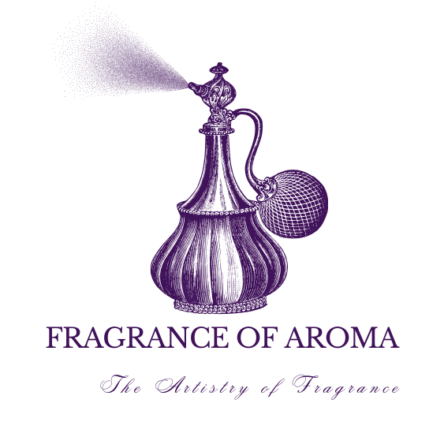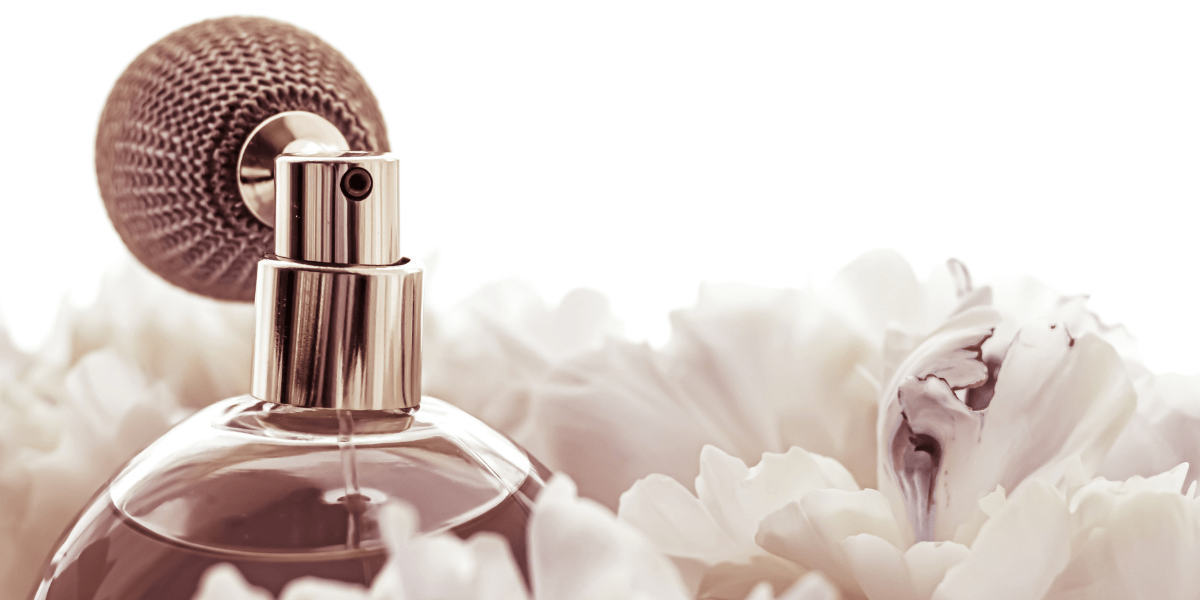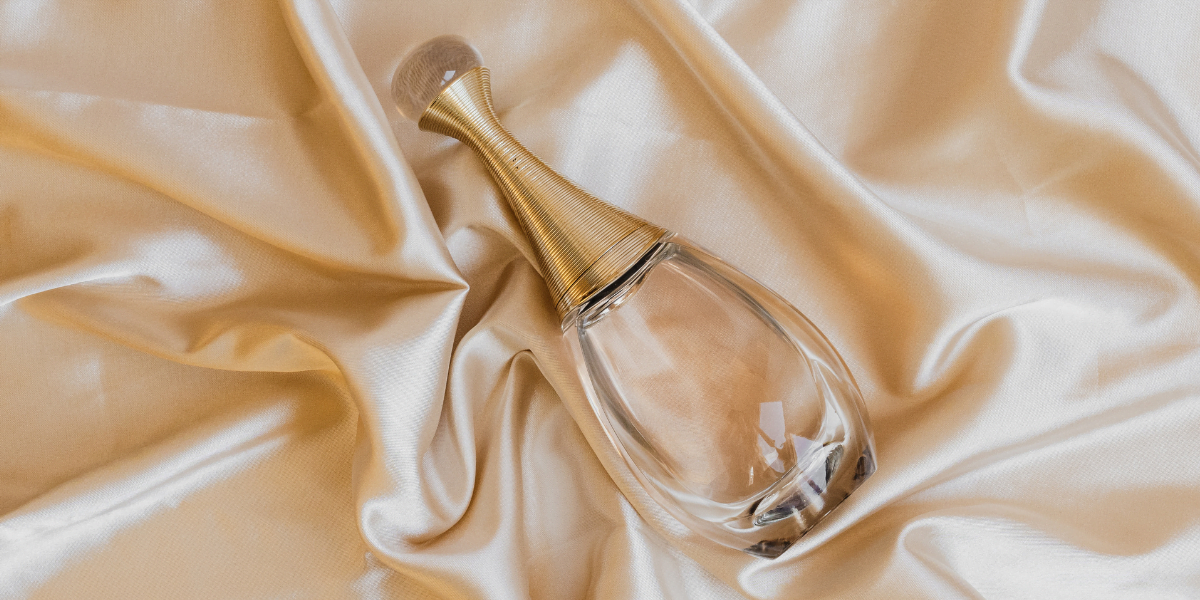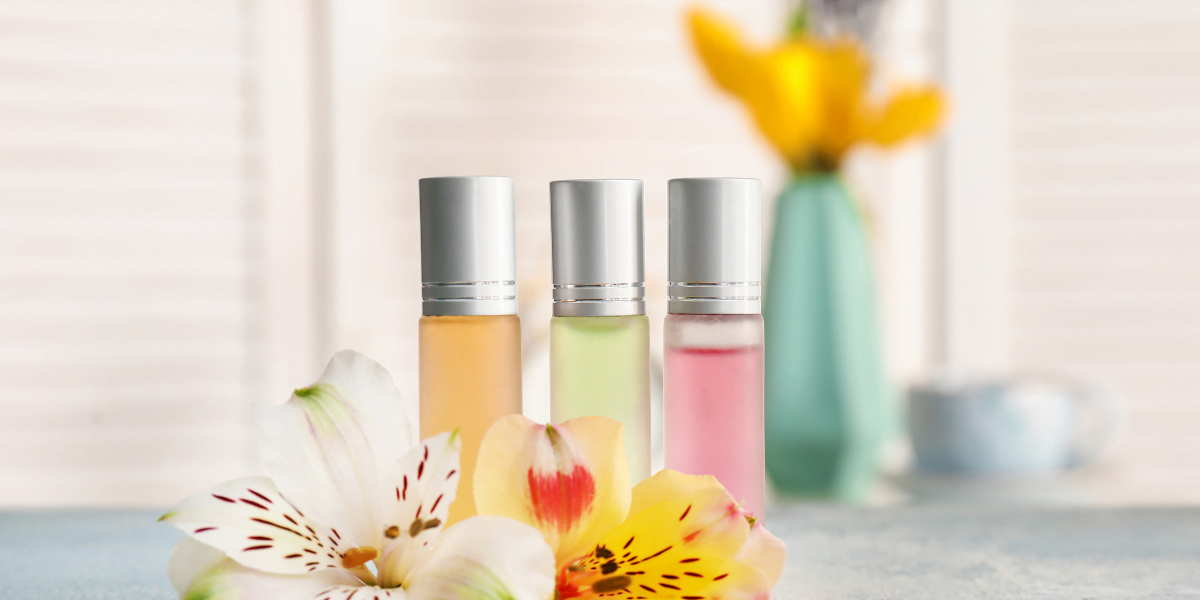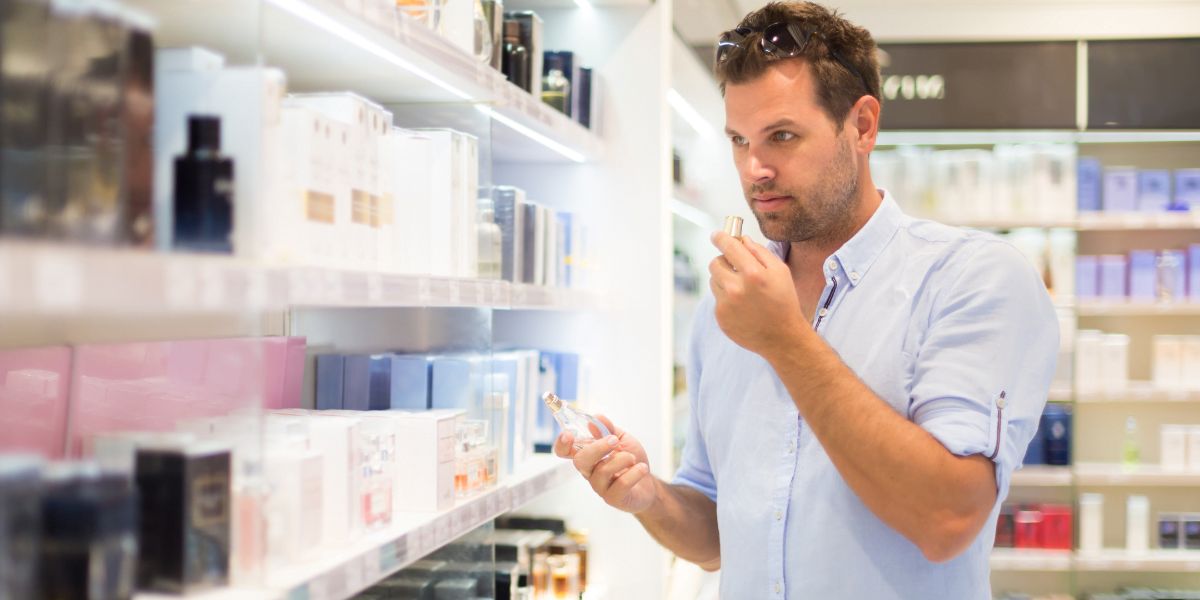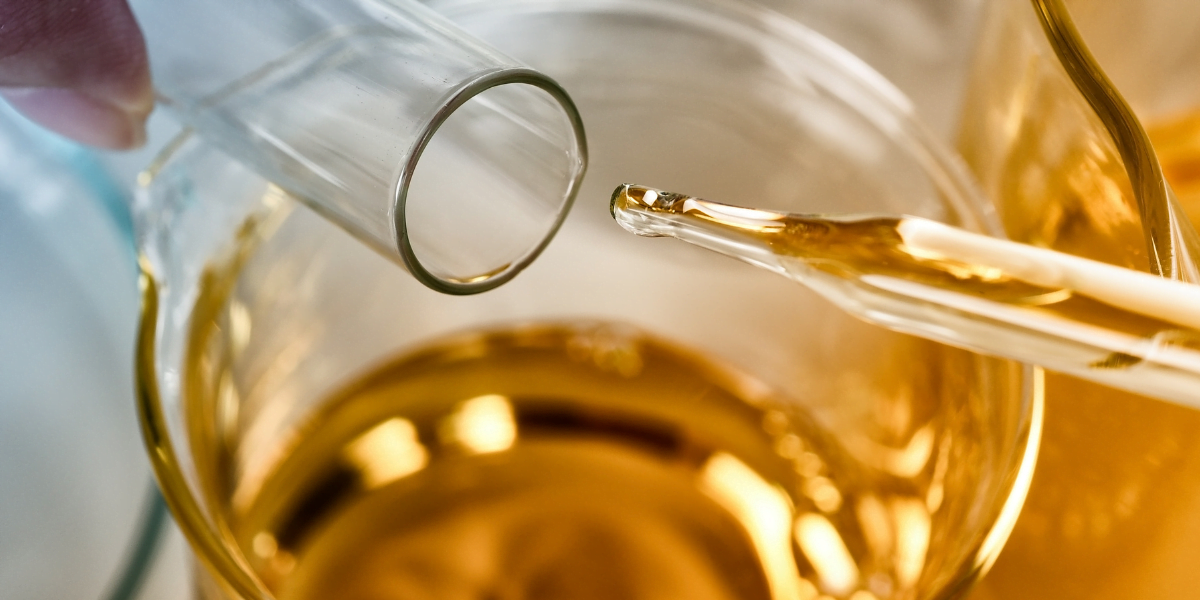Indulge in the captivating world of fragrance as you embark on a journey through the rich history of perfumery. From ancient civilizations and their use of aromatic resins and spices to the development of sophisticated modern fragrances, the art of scent has evolved and flourished over millennia. Explore the intricate processes of distillation and extraction that have enabled humans to capture the most alluring scents from nature, and how these practices have shaped the world of perfumery as we know it today. Uncover the dangerous allure of certain ingredients, the positive impact of fragrances on mood and well-being, and the masterful creations that have left their mark on the history of scent. Whether you are a fragrance enthusiast or simply curious about the origins of your favorite perfume, this journey through fragrance history is bound to captivate and enlighten you.
The Ancient World of Scent
Before the development of modern perfumery, ancient civilizations were already using various fragrances for religious rituals, personal adornment, and medicinal purposes. Fragrance use has a long and rich history dating back to ancient times, with each culture developing its methods of scent extraction and application.
Mesopotamian Origins and Egyptian Refinements
In the ancient world, Mesopotamia and Egypt were at the forefront of perfume production and use. The Mesopotamians were some of the first to use fragrant resins, such as myrrh and frankincense, in religious ceremonies and as personal fragrances. They also used aromatic woods and herbs to create scented oils and ointments. Meanwhile, the Egyptians refined the art of perfume-making, creating complex blends of botanical ingredients and incorporating them into various aspects of their daily lives. They used fragrances in religious ceremonies, as well as in cosmetics and personal grooming.
The Use of Perfumes in Greek and Roman Societies
In ancient Greece and Rome, the use of perfumes and fragrant oils was prevalent in both religious and daily life. Perfumes were used to scent the body, clothing, and living spaces. They were also used in religious ceremonies and as offerings to the gods. The Greeks and Romans were known for their extravagant use of fragrances, with perfumes becoming an essential part of their grooming and beauty routines. Additionally, fragrances were believed to possess healing properties, and aromatic oils were used in medicinal treatments.
The Middle Ages to the Renaissance: Perfumery’s Transformation
While the ancient world laid the foundation for the art of perfumery, it was during the Middle Ages and the Renaissance that perfumery truly underwent a remarkable transformation.
Arabian Influences and the Art of Distillation
During this time, Arabian influences played a significant role in shaping the world of perfumery. The art of distillation, a technique developed by the Arabs, allowed for the extraction of essential oils from plants, revolutionizing the way scents were created. This innovation not only improved the quality of fragrances but also expanded the variety of scented ingredients available. The use of distillation became a cornerstone of perfumery, and its impact on the industry cannot be overstated.
The European Rebirth of Scent
As the Renaissance ushered in a period of great cultural and intellectual revival, it also brought about a renewed interest in the art of perfumery across Europe. The European elite began to embrace the use of fragrances as a means of masking the unpleasant odors prevalent in the unsanitary living conditions of the time. Perfumes were also associated with social status and were used to convey wealth and power. The demand for scented products skyrocketed, leading to the establishment of perfumers’ guilds and the rapid expansion of the industry. The art of perfumery flourished in Europe, leading to the creation of masterpieces that are still revered to this day.
The Industrial Revolution to the 20th Century: The Commercialization of Fragrance
Keep in mind that with the advent of the Industrial Revolution, the production of fragrance entered a new phase. This era saw the rise of mass production and the commercialization of perfumes, making them more accessible to the general public than ever before. With the development of new technologies and techniques, perfumers were able to create larger quantities of scents, catering to the growing demand for fragrances.
Alchemy to Chemistry: Scientific Advances Shaping Perfumery
During this period, there was a shift from alchemy to chemistry in the field of perfumery. Scientific advances in chemistry played a crucial role in the development of fragrances, allowing perfumers to understand the composition of natural ingredients and synthesize new aromatic compounds. This led to the creation of synthetic fragrances, expanding the range of scents available and revolutionizing the industry.
Iconic Fragrances of the Modern Era
In the 20th century, the world witnessed the launch of several iconic fragrances that have stood the test of time. From the timeless allure of Chanel No. 5 to the fresh, citrusy notes of Acqua di Parma Colonia, these perfumes have left an indelible mark on the history of fragrance. Their impact on the industry and their enduring popularity are a testament to the artistry and innovation that define the modern era of perfumery.

Contemporary and Future Trends
Unlike ancient times, today’s perfume industry is marked by the rise of niche perfumery and artisanal creations, as well as the continuous development of innovative technologies that are shaping the future of fragrance.
The Rise of Niche Perfumery and Artisanal Creations
In recent years, there has been a surge in the popularity of niche perfumery and artisanal creations. These unique scents are crafted in small batches with carefully selected, high-quality ingredients, setting them apart from mass-produced fragrances. Niche perfumery allows for a more personal and intimate olfactory experience, as these fragrances are often more complex and offer a level of exclusivity that can’t be found in mainstream perfumes. Artisanal perfumers can push boundaries and experiment with unconventional scent combinations, catering to individuals who are looking for something distinct and unconventional. As a result, you can now find a wide range of niche and artisanal perfumes that cater to a variety of tastes and preferences, offering a truly unique olfactory experience.
Innovative Technologies and the Future of Fragrance
With rapid advancements in technology, the future of fragrance is being shaped by innovative techniques that are revolutionizing the way perfumes are created and experienced. From molecular distillation to scent encapsulation, technology is allowing perfumers to create scents that were once thought to be impossible. These advancements have also led to the development of personalized fragrances, where individual preferences and DNA can be used to create a bespoke scent that is unique to each person. Furthermore, innovative technologies are also paving the way for sustainable and eco-friendly practices in the perfume industry, addressing concerns about the environmental impact of traditional perfume production. As technology continues to evolve, the possibilities for the future of fragrance are endless.
FAQ
Q: What is the significance of ancient perfumes in fragrance history?
A: Ancient perfumes hold great significance in fragrance history as they were integral to ancient cultures for rituals, ceremonies, and personal adornment. They were often derived from natural ingredients such as flowers, herbs, and resins, showcasing the early artistry and craftsmanship in creating fragrances.
Q: How has the art of perfumery evolved?
A: The art of perfumery has evolved significantly over time, transitioning from ancient traditions to modern masterpieces. With advancements in technology and chemistry, perfumers have been able to create complex compositions with a wider range of synthetic and natural ingredients, resulting in a diverse array of scents for different preferences and occasions.
Q: What role does fragrance history play in contemporary perfumery?
A: Fragrance history plays a crucial role in contemporary perfumery by providing a rich heritage and foundation for modern perfumers. By studying historical techniques and ingredients, perfumers can draw inspiration from the past to create innovative and unique fragrances that pay homage to the traditions of ancient perfumery while embracing the advancements of the present.
